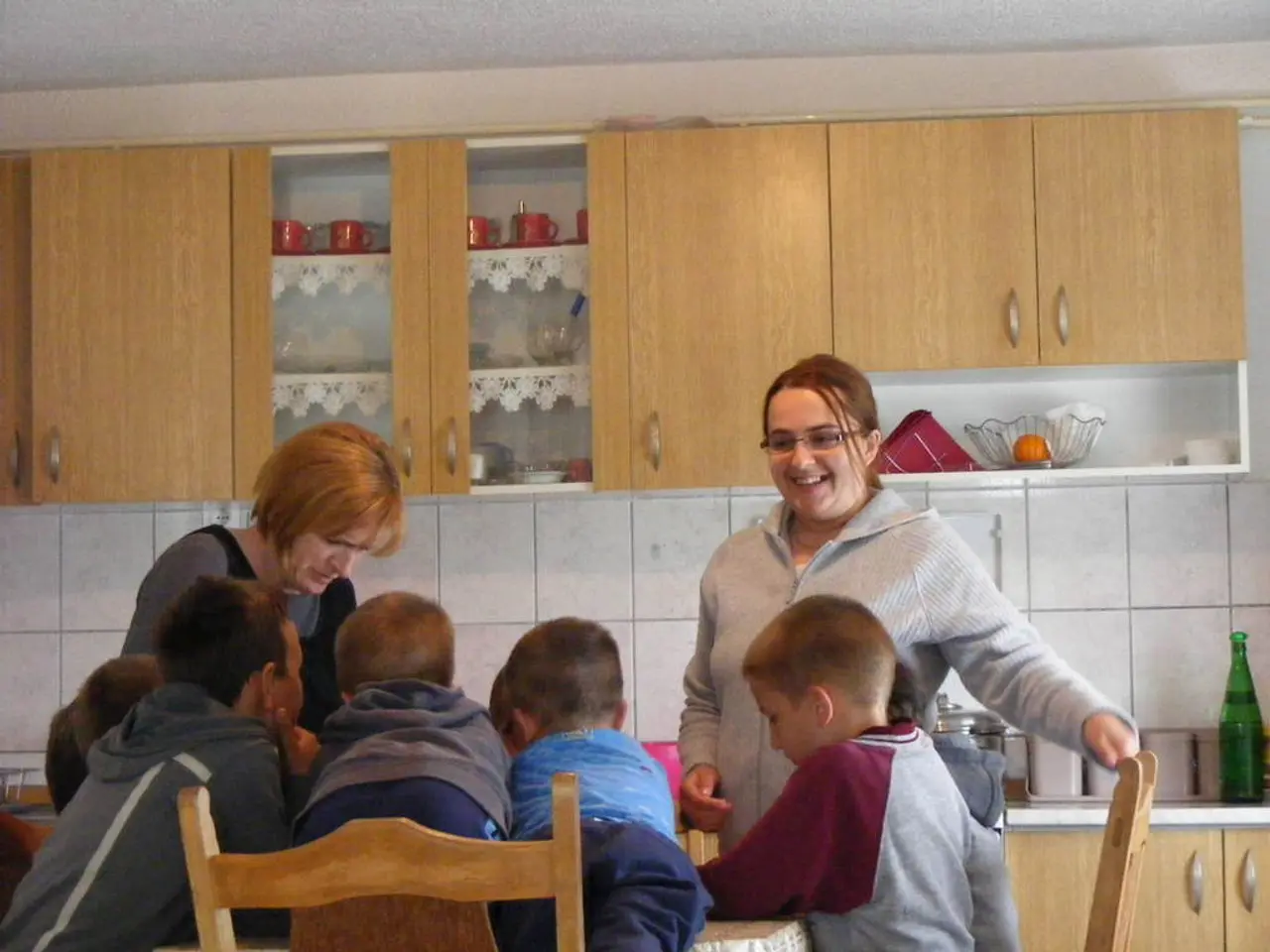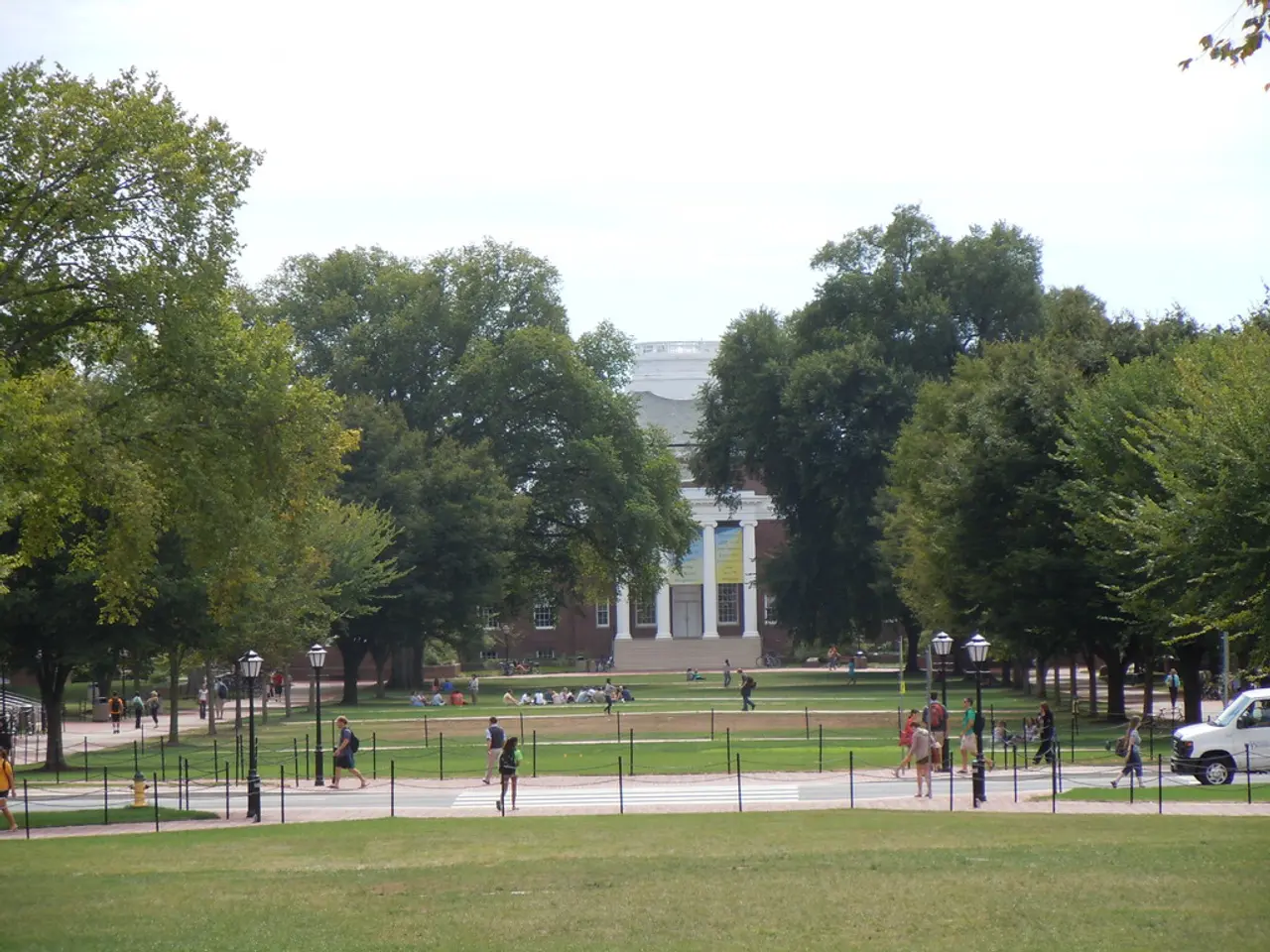Nationwide Protests under the Banner of 'Bangla Blockade' Commence on July 6, 2024
In a significant escalation on July 7, 2024, the "Bangla Blockade" protest by students in Bangladesh reached an unprecedented level of intensity. The blockade, which involved mass protests and road blockades across the country, brought Dhaka to a standstill.
The protests were part of a broader movement against perceived autocracy and discriminatory practices in government job allocations. The student-led demonstrations, under the banner of the 'Anti-Discrimination Student Movement', demanded the abolition of the quota system in public service jobs.
The protests were initiated at Shahbagh, where Nahid Islam, the coordinator of the Anti-Discrimination Student Movement, announced the nationwide 'Bangla Blockade' at 3:00 pm. Students from various universities and colleges, including Dhaka University, Jahangirnagar University, Rajshahi University, Jagannath University, and Khulna University, participated in the protests.
In Dhaka, students from key locations such as Shahbagh, Science Lab, Chankharpul, Nilkhet, and Motijheel took to the streets, effectively paralyzing the city. Outside Dhaka, students blocked highways in Tangail, Rajshahi, Rangpur, and Kushtia, as well as roads at Tatibazar in Dhaka and in Khulna.
The protesters have declared that they will not return to classrooms until their demand for quota abolition is met. The student leadership has shifted their demands over time, but the core issue remains the removal of quotas in public service jobs.
The government faced criticism for its handling of the situation, with the Prime Minister, Sheikh Hasina, later visiting affected areas and meeting with families of the deceased. The government has been accused of placing students and the judiciary in a confrontational position.
Reports suggest that during the protests, BCL leaders allegedly tore down banners and obstructed demonstrators in different university halls. However, the BCL president Saddam Hossain denied any involvement of their members in such acts. He warned that if necessary, they will organize a general strike and stated that this is not just a student movement, but teachers and parents must also join the cause.
The unrest continued for four days, resulting in at least 131 reported deaths and over 500 arrests. Despite the violence, the protesters remained steadfast in their demand for quota abolition. The future of the quota system in government jobs in Bangladesh remains uncertain as the students' call for reform continues to resonate across the nation.
The "Bangla Blockade" protest, initiated by the Anti-Discrimination Student Movement, extended beyond education-and-self-development matters, delving into politics with demands for the abolition of the quota system in public service jobs. General news outlets reported that the unrest, which paralyzed cities like Dhaka, also involved a confrontation between students and the government, with allegations of actions by BCL leaders and criticism directed towards the Prime Minister, Sheikh Hasina.




